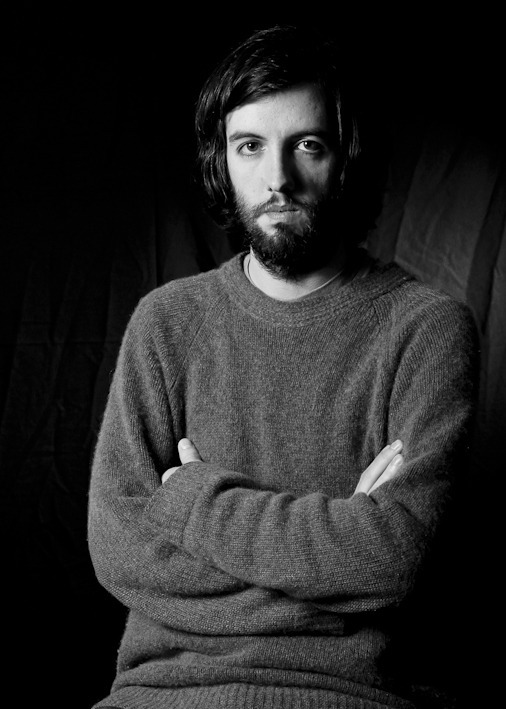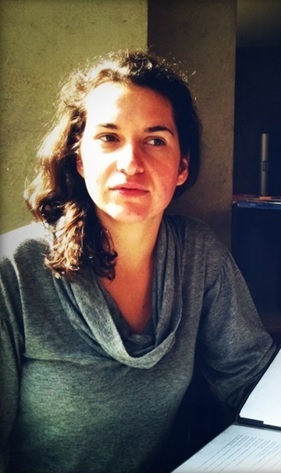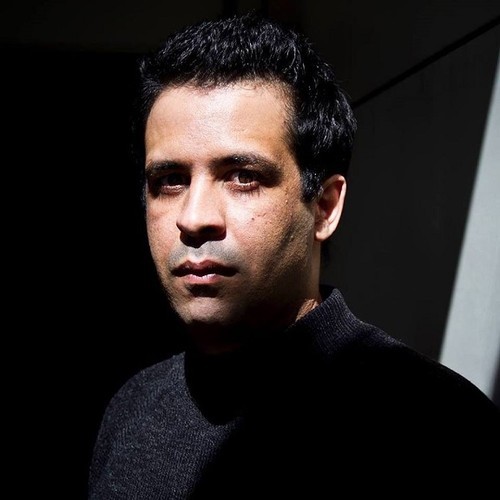
Authors
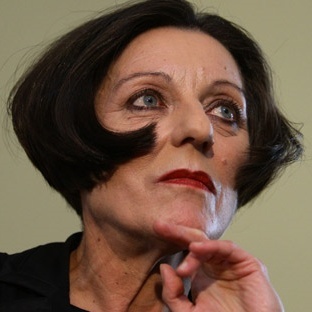
Herta Müller was born in Niţchidorf, Timiş County, Romania, the daughter of Swabian farmers. Her family was part of Romania's German minority and her mother was deported to a labour camp in the Soviet Union after World War II. She read German studies and Romanian literature at Timişoara University. In 1976, Müller began working as a translator for an engineering company, but in 1979 was dismissed for her refusal to cooperate with the Securitate, the Communist regime's secret police. Initially, she made a living by teaching kindergarten and giving private German lessons. Her first book was published in Romania (in German) in 1982, and appeared only in a censored version, as with most publications of the time. In 1987, Müller left for Germany with her husband, novelist Richard Wagner. Over the following years she received many lectureships at universities in Germany and abroad. In 1995 Müller was awarded membership to the German Academy for Writing and Poetry, and other positions followed. In 1997 she withdrew from the PEN centre of Germany in protest of its merge with the former German Democratic Republic branch. The Swedish Academy awarded the 2009 Nobel Prize in Literature to Müller, "who, with the concentration of poetry and the frankness of prose, depicts the landscape of the dispossessed". She currently resides in Berlin, Germany.

Works of American writer Eugene Luther Gore Vidal, noted for his cynical humor and his numerous accounts of society in decline, include the play The Best Man (1960) and the novel Myra Breckinridge (1968) . People know his essays, screenplays, and Broadway. They also knew his patrician manner, transatlantic accent, and witty aphorisms. Vidal came from a distinguished political lineage; his grandfather was the senator Thomas Gore, and he later became a relation (through marriage) to Jacqueline Kennedy. Vidal, a longtime political critic, ran twice for political office. He was a lifelong isolationist Democrat. The Nation, The New Yorker, Vanity Fair, The New York Review of Books, and Esquire published his essays. Essays and media appearances long criticized foreign policy. In addition, he from the 1980s onwards characterized the United States as a decaying empire. Additionally, he was known for his well publicized spats with such figures as Norman Mailer, William F. Buckley, Jr., and Truman Capote. They fell into distinct social and historical camps. Alongside his social, his best known historical include Julian, Burr, and Lincoln. His third novel, The City and the Pillar (1948), outraged conservative critics as the first major feature of unambiguous homosexuality. At the time of his death he was the last of a generation of American writers who had served during World War II, including J.D. Salinger, Kurt Vonnegut, Norman Mailer and Joseph Heller. Perhaps best remembered for his caustic wit, he referred to himself as a "gentleman bitch" and has been described as the 20th century's answer to Oscar Wilde Also used the pseudonym Edgar Box. +++++++++++++++++++++++ Gore Vidal é um dos nomes centrais na história da literatura americana pós-Segunda Guerra Mundial. Nascido em 1925, em Nova Iorque, estudou na Academia de Phillips Exeter (Estado de New Hampshire). O seu primeiro romance, Williwaw (1946), era uma história da guerra claramente influenciada pelo estilo de Hemingway. Embora grande parte da sua obra tenha a ver com o século XX americano, Vidal debruçou-se várias vezes sobre épocas recuadas, como, por exemplo, em A Search for the King (1950), Juliano (1964) e Creation (1981). Entre os seus temas de eleição está o mundo do cinema e, mais concretamente, os bastidores de Hollywood, que ele desmonta de forma satírica e implacável em títulos como Myra Breckinridge (1968), Myron (1975) e Duluth (1983). Senhor de um estilo exuberante, multifacetado e sempre surpreendente, publicou, em 1995, a autobiografia Palimpsest: A Memoir. As obras 'O Instituto Smithsonian' e 'A Idade do Ouro' encontram-se traduzidas em português. Neto do senador Thomas Gore, enteado do padrasto de Jacqueline Kennedy Onassis, primo distante de Al Gore, Gore Vidal sempre se revelou um espelho crítico das grandezas e misérias dos EUA. Faleceu a 31 de julho de 2012, aos 86 anos, na sua casa em Hollywood, vítima de pneumonia.

Jonathan Franzen is the author of The Corrections, winner of the 2001 National Book Award for fiction; the novels The Twenty-Seventh City and Strong Motion; and two works of nonfiction, How to Be Alone and The Discomfort Zone, all published by FSG. His fourth novel, Freedom, was published in the fall of 2010. Franzen's other honors include a 1988 Whiting Writers' Award, Granta's Best Of Young American Novelists (1996), the Salon Book Award (2001), the New York Times Best Books of the Year (2001), and the James Tait Black Memorial Prize (2002). http://us.macmillan.com/author/jonath...
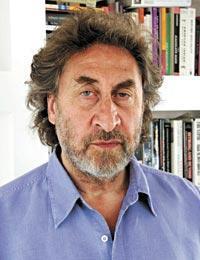
Howard Jacobson was born in Manchester, England, and educated at Cambridge. His many novels include The Mighty Walzer (winner of the Bollinger Everyman Wodehouse Prize), Who’s Sorry Now? and Kalooki Nights (both longlisted for the Man Booker Prize), and, most recently, The Act of Love. Jacobson is also a respected critic and broadcaster, and writes a weekly column for the Independent. He lives in London. Profile of Howard Jacobson in The New York Times. “The book's appeal to Jewish readers is obvious, but like all great Jewish art—the paintings of Marc Chagall, the books of Saul Bellow, the films of Woody Allen—it is Jacobson's use of the Jewish experience to explain the greater human one that sets it apart. Who among us is so certain of our identity? Who hasn't been asked, "What's your background" and hesitated, even for a split second, to answer their inquisitor? Howard Jacobson's The Finkler Question forces us to ask that of ourselves, and that's why it's a must read, no matter what your background.”—-David Sax, NPR.
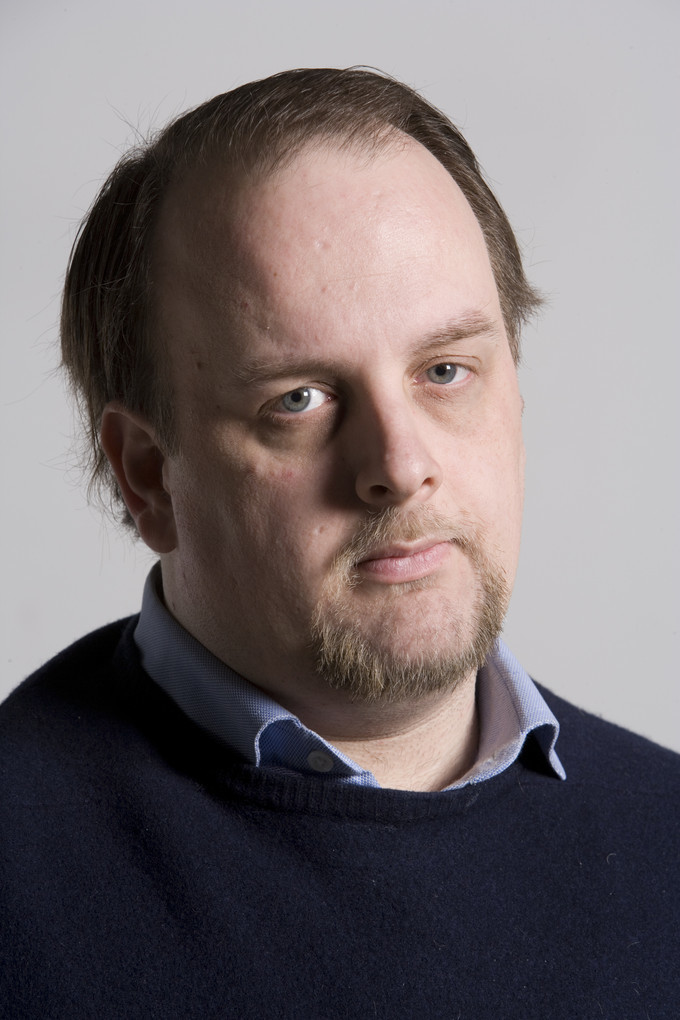
PEDRO MEXIA nasceu em Lisboa, a 5 de Dezembro de 1972. Licenciado em Direito pela Faculdade de Direito da Universidade Católica Portuguesa. Foi crítico e cronista no Diário de Notícias (1998-2007) e no Público (2007-2011). Escreve actualmente no Expresso. Assina também uma coluna mensal na revista LER. É conselheiro cultural do Presidente de República, desde 2016. Foi subdirector e director interino da Cinemateca Portuguesa (2008-2010). Tem colaborado regularmente em projectos das Produções Fictícias (É a Cultura, Estúpido, O Eixo do Mal, O Inimigo Público, Canal Q). É um dos membros do Governo Sombra (na TSF, desde 2008, e também na TVI24, desde 2012). Publicou seis livros de poemas: Duplo Império (1999), Em Memória (2000), Avalanche (2001), Eliot e Outras Observações (2003), Vida Oculta (2004), Senhor Fantasma (2007) e Menos por Menos - Poemas Escolhidos (2011) e Uma Vez Que Tudo se Perdeu (2015). Editou quatro colectâneas de crónicas, Primeira Pessoa (2006), Nada de Melancolia (2008), As Vidas dos Outros (2010) e O Mundo dos Vivos (2012). Manteve os blogues A Coluna Infame (com João Pereira Coutinho e Pedro Lomba), 2002-2003; Dicionário do Diabo, 2003-2004, Fora do Mundo (com Francisco José Viegas e Pedro Lomba), 2004-2005; Estado Civil, 2005-2009; e Lei Seca, 2009-2012. Desses blogues nasceram três volumes de diários: Fora do Mundo (2004), Prova de Vida (2007) e Estado Civil (2009). Está representado em 366 Poemas que Falam de Amor (2003), org. Vasco Graça Moura; Antologia do Humor Português (2008), org. Nuno Artur Silva e Inês Fonseca Santos; Poemas Portugueses – Antologia da Poesia Portuguesa do Séc. XIII ao Séc. XXI, org. Jorge Reis-Sá e Rui Lage (2009); Alma Minha Gentil: Antologia general de la poesía portuguesa, org. Carlos Clementson (Espanha, 2009); e Poemas com Cinema, org. Joana Matos Frias, Luís Miguel Queirós e Rosa Maria Martelo (2010). Organizou e prefaciou o volume de ensaios de Agustina Bessa-Luís Contemplação Carinhosa da Angústia. Traduziu Notas sobre o Cinematógrafo, do cineasta francês Robert Bresson. Publicou uma versão de uma peça de Tom Stoppard (Agora a Sério, 2010). Escreveu a letra de uma canção ("Lixo") do álbum Equilíbrio (2010), de Balla. Colaborou com dois projectos de peças curtas: Urgências (Teatro Maria Matos, 2004 e 2006) e Panos (Culturgest, 2012). Adaptou para teatro (com Ricardo Araújo Pereira) Como Fazer Coisas com Palavras, do filósofo inglês John Austin (Teatro São Luiz, 2008). Publicou a peça Nada de Dois (2009, encenada no Brasil em 2010 e no Canadá em 2011) e escreveu Pigmalião, a partir de Ovídio (Teatro Oficina, Guimarães, 2010). Encenou Agora a Sério, de Tom Stoppard (Teatro Aberto, 2010). Escreveu o argumento do telefilme Bloqueio (realização de Henrique Oliveira, RTP, 2012).

Simon Schama was born in 1945. The son of a textile merchant with Lithuanian and Turkish grandparents, he spent his early years in Leigh-on-Sea in Essex. When his parents moved to London he won a scholarship to Haberdashers’ Aske’s School where his two great loves were English and History. Forced to choose between the two he opted to read history at Christ’s College, Cambridge. Here he was taught by Sir John Plumb whose other students: Linda Colley, Roy Porter and John Brewer are now central to British historical thought. It was Plumb’s influence which instilled in him the importance of narrative and written style in order to gain an audience for history outside academia. One of the hallmarks of Schama’s work is his flair for description: ‘he gets arcane matters to walk, in fact dance, off the page’ according to fellow historian Peter Hennessy. However, his approach is contentious and invites criticism of subjectivity and populism from academic circles. Schama remained at Christ’s for 10 years after his degree, becoming a fellow and then director of Studies, before moving to Brasenose College Oxford. While at Oxford he wrote Patriots and Liberators: Revolution in the Netherlands 1780-1813 (1977), which won the Wolfson Literary Award, and Two Rothschilds and the Land of Israel (1979). At Oxford he met his wife, Ginny Papaioannou a geneticist from California. Tired of the Oxford system (he once described his experience as being ‘like a gerbil on a treadmill’) and enticed by the freedom of US Academic life, he moved to America in 1980, becoming Professor of History at Harvard. Here he wrote The Embarrassment of Riches: An Interpretation of Dutch Culture in the Golden Age (1987), Citizens: A Chronicle of the French Revolution (1989) and Dead Certainties (Unwarranted Speculations) (1991): an a unusual linking of the death of General Wolfe at Quebec in 1759 and the murder of a doctor, George Parkman, by a Harvard Professor in 1849. Citizens, which was written at lightening speed: 900 pages in only 18 months, won the 1990 NCR Book Award. However, Schama’s emphasis on the terror and violence of the revolution and his argument, that from its beginning it was a ‘sacrament of blood’, ensured it has never found a publisher in France. He is now professor in history and art history at Columbia where he has written Landscape and Memory (1996) which received the W H Smith Literary Award and Rembrandt’s Eyes (1999). The latter is a controversial reassessment of the artist which attempts to reinstate the notion of Rembrandt the genius, aiming to invoke the atmosphere as well as the historical context. In Schama’s view, as he tells David D’Arcy in Art Newspaper ‘There are some passages of sublime reinvention for which history has absolutely no answers…it seems to me pointless and trivial to pretend that it does.’ Simon Schama has also worked for the BBC on a 16 part series: ‘A History of Britain’ and has been an art critic and cultural essayist for The New Yorker and Talk magazine. He lives in New York with his wife and their two children Chloe and Gabriel.
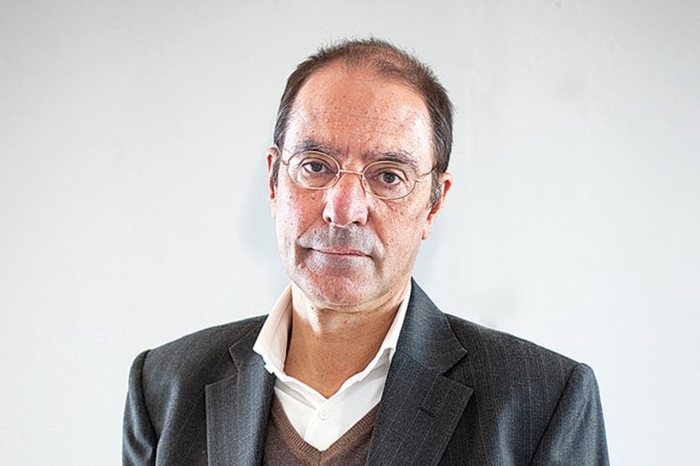
PAULO VARELA GOMES nasceu a 28 de Outubro de 1952. Licenciado em História, pela Faculdade de Letras da Universidade de Lisboa (1978), mestre em História da Arte, pela Faculdade de Ciências Sociais e Humanas da Universidade Nova de Lisboa (1988) e doutorado em História da Arquitectura, pela Universidade de Coimbra (1999). Foi Professor Associado no Departamento de Arquitectura da Faculdade de Ciências e Tecnologia da Universidade de Coimbra, tendo sido ainda professor e conferencista convidado de várias Universidades portuguesas e não-portuguesas. Era ainda investigador do Centro de Estudos Sociais (CES) da Universidade de Coimbra. Foi representante da Fundação Oriente na Índia (em Goa) em 1996-1998 e em 2007-2009. Autor de vários artigos e livros nas suas áreas de especialização, foi durante muitos anos crítico de arquitectura e arte e ainda autor e apresentador de documentários de televisão, como O Mundo de Cá, emitido pela RTP (1995). Faleceu em Podentes, Penela, a 30 de Abril de 2016.
